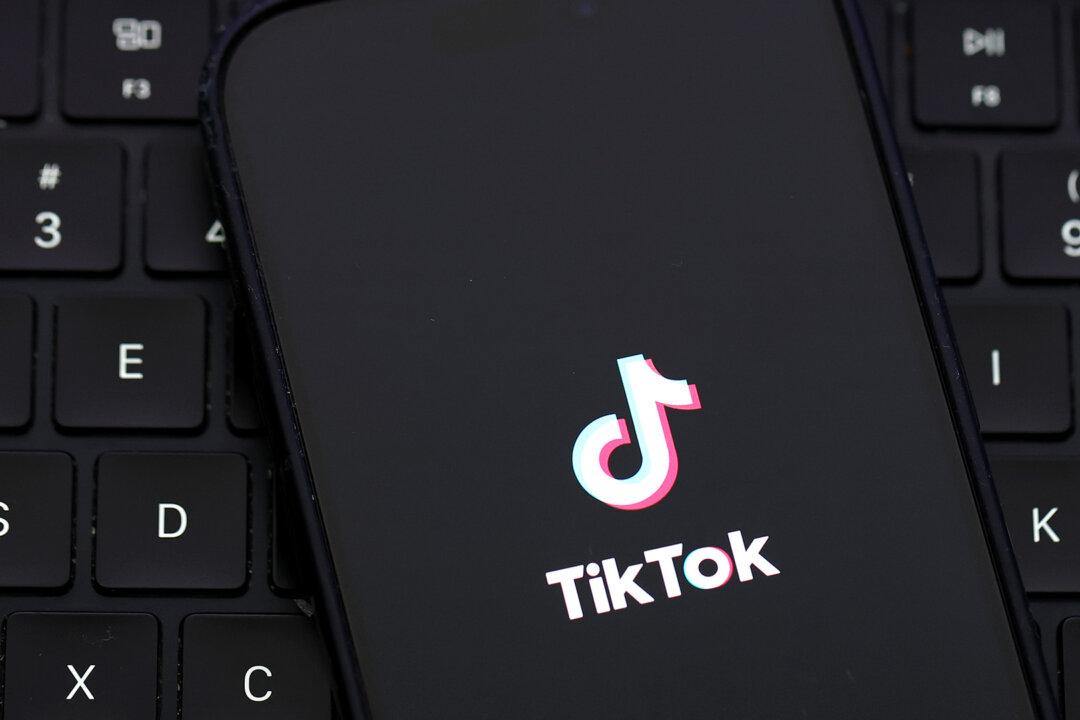TikTok remained unavailable on Tuesday for U.S. users of Google Play and Apple’s app store after President Donald Trump signed an executive order to delay a ban on the video app.
A law banning TikTok in the United States over national security concerns took effect on Sunday because California-based TikTok Inc. had not been separated from its China-based parent company ByteDance.





